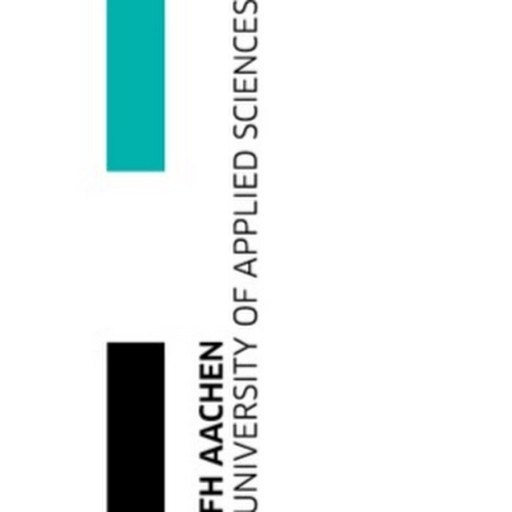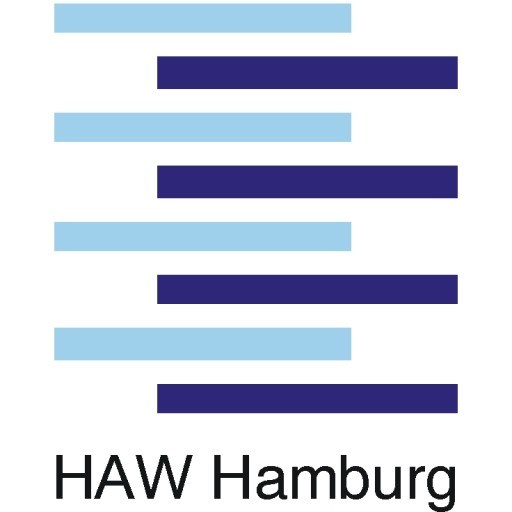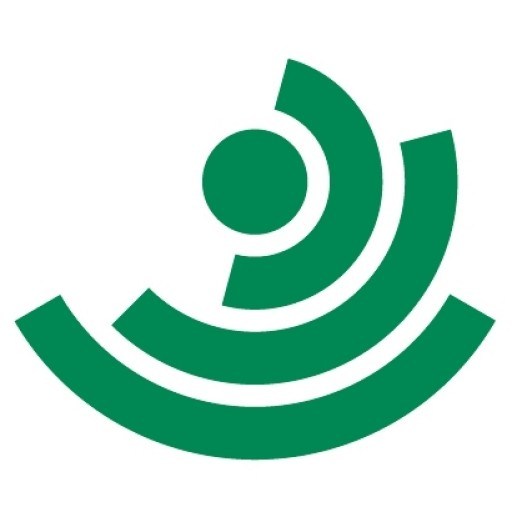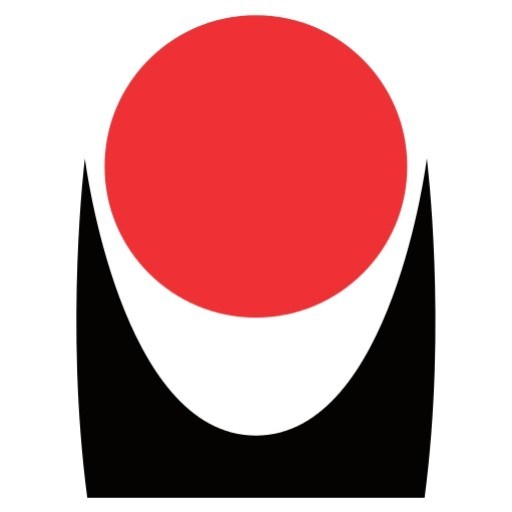Photos of university / #fh.aachen.gestaltung
The Master of Science in Biomedical Engineering at FH Aachen – University of Applied Sciences is a comprehensive and interdisciplinary program designed to prepare students for advanced careers in the rapidly evolving field of healthcare technology and medical engineering. This program combines principles from engineering, life sciences, and medicine to equip graduates with the skills needed to develop innovative solutions for healthcare challenges. Students will gain a deep understanding of biomedical systems, medical device development, and healthcare IT, enabling them to contribute to the creation of next-generation medical technologies and diagnostics.
The curriculum offers a balanced mix of theoretical knowledge and practical application. Core modules cover topics such as biomechanics, biomaterials, medical imaging, sensor technologies, and systems modeling. In addition, the program emphasizes hands-on experience through laboratory work, project-based learning, and internships in medical technology companies and healthcare institutions. This approach ensures that students develop not only technical expertise but also problem-solving, project management, and teamwork skills essential for professional success.
The program is tailored for graduates from engineering, life sciences, or related disciplines who seek to specialize in biomedical applications. It prepares students for roles in research and development, medical device design, quality assurance, regulatory affairs, and clinical engineering. Furthermore, graduates will be well-equipped to pursue doctoral studies or careers in academia.
The international environment of FH Aachen fosters cultural exchange and collaboration with industry partners, creating an ideal setting for students to build a global professional network. The program's emphasis on innovation and practical skills aligns with current industry demands, making graduates highly competitive in the global job market. Upon completion of the MSc in Biomedical Engineering, students will be able to contribute effectively to technological advancements in medicine, improve patient outcomes, and drive innovation in healthcare industries worldwide.
Educational organisation
During the first semester, students focus on engineering basics as well as biological and medical basics. In the second and third semesters, students focus on their specialisation, mainly in the above-mentioned fields. In the fourth semester, each student conducts research for his or her Master's thesis.Biomedical engineering is a multidisciplinary field in which the principles of engineering are applied to solve problems in biology or medicine. Quantitative, analytical, and integrative methods are applied, from the molecular level to that of the whole organism.
First Semester:
- Basic Medical Bridging Courses
- Basic Engineering Bridging Courses
- German Language Courses
Second Semester:
- Artificial Organs I
- Cellular and Molecular Biophysics I
- Biosensors and Chemical Sensors
- Medical Imaging
- Medical Statistics
- Cardiovascular Mechanics
- Continuum Mechanics
- Laser Applications in Medicine and Biology
- Research Planning and Scientific Writing
Third Semester:
- Artificial Organs II
- Cellular and Molecular Biophysics II
- Dynamic Systems and Computer Modelling
- Biomaterials and Biocompatibility
- Molecular Biology and Genetics
- Biomechanics
- Cell Culture Technology
- Laser Technology
- Finite Element Methods
- Extracorporeal Cardiovascular Fluid Mechanics
- Integrated Circuit Design
Fourth Semester:
- Master's Thesis
For more information see https://www.fh-aachen.de/studium/biomedical-engineering-msc/
Study abroad unit(s)
It is possible to spend a semester at a partner institution of higher education, either in Germany or abroad. The FH Aachen has over 100 partner universities. We strongly encourage German students to spend a semester abroad; however, due to visa restrictions, this is not always possible for international students.Internships
In the second and third semesters, students have the option of completing a scientific project at the university, in industry, at a research institution, or in a hospital.Forms of assessment
There are three periods of written exams each year: February/March, July and September. Exams for block courses are at the end of each block.The degree programme concludes with a Master's thesis which the student presents in a colloquium.
Course objectives
The four-semester Master of Science in Biomedical Engineering has a strong practical focus. The major focus of the programme is to prepare students for jobs in industry, but students are also qualified for research positions in industry, in hospitals and at public research institutions. Some students choose to continue their studies in a PhD programme.Language requirements
Proof of English language proficiency, such as IELTS Band 5.5, TOEFL IBT 68 (internet-based test), or German Abitur or Fachhochschulreife grade 3 in English, or equivalentGerman is not required for admission.
Academic requirements
BSc, BSc (Hons), BEng, BTech, Dipl-Ing, Dipl-Ing FH, or equivalent in related fields with high academic standingEnrolment fees
The student activity fee is currently about 250 EUR per semester.Optional, but recommended German lessons cost about 300 EUR per semester, including books.
Costs of living
At this time the tuition and fees are approx. 250 EUR per semester and health insurance 80 EUR. In general, living costs, room and board total 700 EUR per month. International students who have been admitted may be required to submit proof to the German embassy that they have 8,000 EUR in their account in order to obtain a visa to study in Germany.The semester ticket (included in the student activity fee) includes free use of public transport in the German state of North Rhine-Westphalia.
Job opportunities
Applicants should not count on financing their stay in Jülich or Aachen by working part-time during their studies. However, some students are successful in finding part-time jobs either at the university or elsewhere.Services and support for international students
Assistance with cultural and social issues, as well as academic advice and tutoring are available.Accommodation
International students can place their names on a waiting list for the student dormitories after they have arrived in Jülich and have enrolled.Some students live in student dormitories. Other students generally live in shared apartments in which each student has his or her own room. Living areas, bathrooms and cooking facilities are shared. Furnished rooms start at about 275 EUR per month plus about 75 EUR per month for electricity, water and heating. Most rooms require the first month's rent and a security deposit of one to three months' rent in advance before you can move into the room. If the room is in good condition when you move out, your security deposit will be returned.










